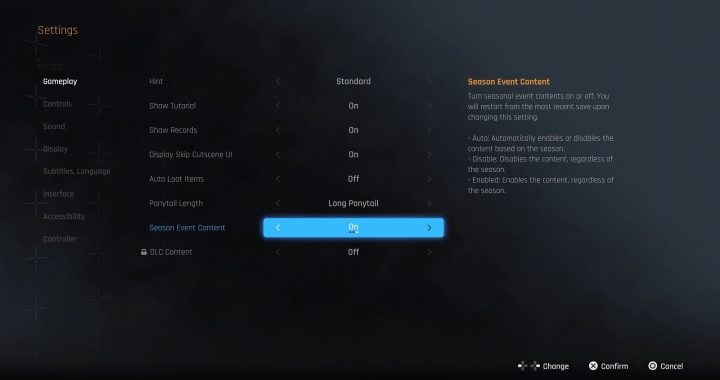Do iPhones get slower over time? Futuremark checks out the myth | Hungry Geeks | Latest news

Every time Apple releases a new model of the iPhone, Google searches for “iPhone slow” spike up rapidly. While well-established websites have tried to bust this myth, such as Independent’s write-up, it seems that no one has actually looked at any performance data to debunk the claim.
Fortunately, Futuremark has lots of data from their 3DMark benchmarking app that they can use to determine if this myth is true or false. Since 2016, the company has collected plenty of benchmarking results for seven different iPhone models across three different versions of Apple’s iOS.
Futuremark’s study looked at the iPhone 5s data first since this older model should have the most obvious effects if Apple is intentionally slowing down older iPhone models to force users to upgrade.
Credits to Futuremark.
From the chart above, one can infer that the iPhone 5s’ GPU performance has been relatively unchanged from iOS 9 to iOS 11.
Credits to Futuremark.
CPU performance has also been looked at by Futuremark using their 3DMark Sling Shot Extreme Physics test. Much like the GPU performance, it seems that iOS updates have not affected performance of the CPU in any significant way.
Credits to Futuremark.
Moving on to more recent models such as the iPhone 6, iPhone 6s, and iPhone 7. Futuremark’s study points to consistent performance on all models of the iPhone. There are minor bumps and drops here and there, which can be attributed to minor iOS updates or other external factors. It is highly unlikely, however, that you’ll notice this difference in performance in everyday use.
Based on the data that Futuremark has, Apple actually does a good job of maintaining performance of their older iOS devices. There are some factors, however, that might affect the “feel” of performance after an update to a newer version of iOS.
Apps that have been updated to take advantage of the newest iPhone might not run as smoothly compared to an older device. Apps also add new features since there’s more horse power on the newest model of the iPhone, which might also lead to a performance deficit to older iPhone models.
The vice-versa is true as older apps might not be able to perform as fast in a new device compared to an older iPhone due to optimizations done to the aging system.
Credits to Sylvain Saurel.
Then there’s also the placebo effect of knowing that there’s a new and improved model now out in the market that makes your device seems outdated compared to the current standard.
Of course you can also test your iPhone’s performance using Futuremark’s 3DMark, which is available for both iOS and Android.
Comments
comments
 Hironobu Sakaguchi discussion: Fantasian Neo Dimension, Final Fantasy and 20 times of Mistwalker
Hironobu Sakaguchi discussion: Fantasian Neo Dimension, Final Fantasy and 20 times of Mistwalker  The Raging Battle Churns are added to Genesis Impact Version 5. 3
The Raging Battle Churns are added to Genesis Impact Version 5. 3  Shuhei Yoshida’s preferred PlayStation amateur games of 2024
Shuhei Yoshida’s preferred PlayStation amateur games of 2024  Discuss of the Week: Astro Bot – Winter Wonder
Discuss of the Week: Astro Bot – Winter Wonder  Brilliant Blade’s holiday-themed event brings fresh masks, mini-game, and more Dec 17
Brilliant Blade’s holiday-themed event brings fresh masks, mini-game, and more Dec 17  Ninja Gaiden: Ragebound is coming Summer 2025
Ninja Gaiden: Ragebound is coming Summer 2025